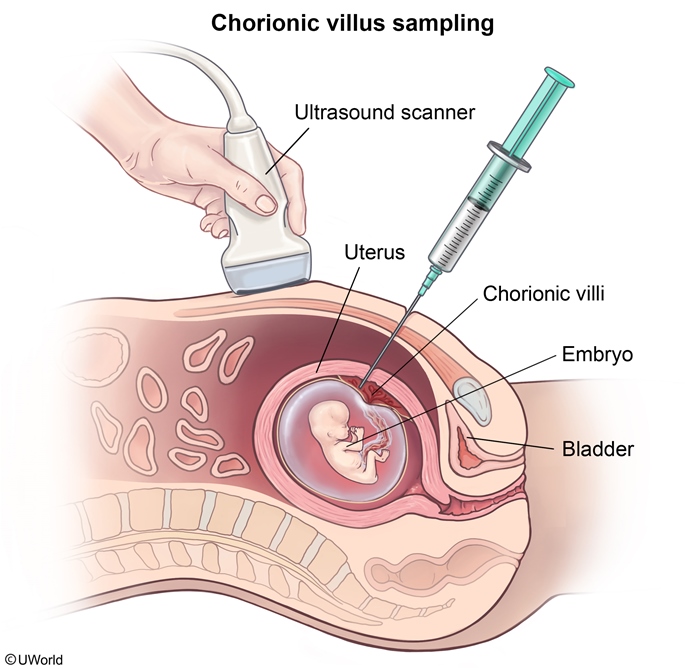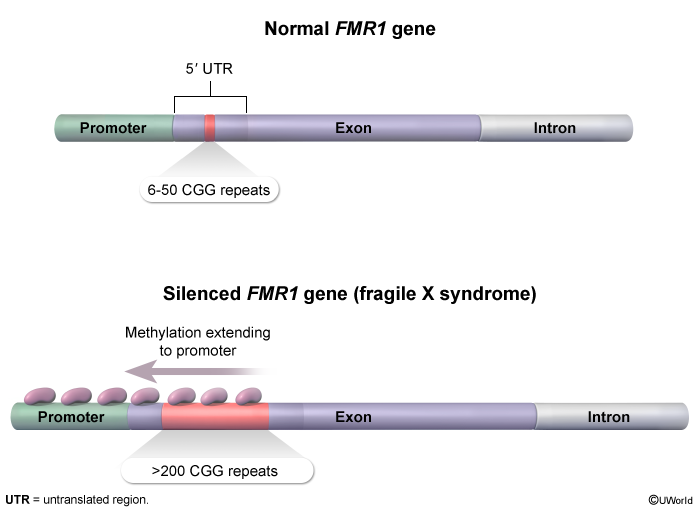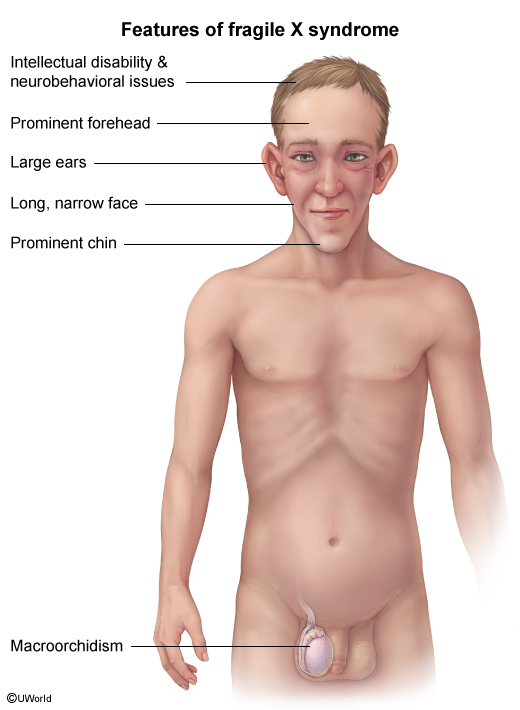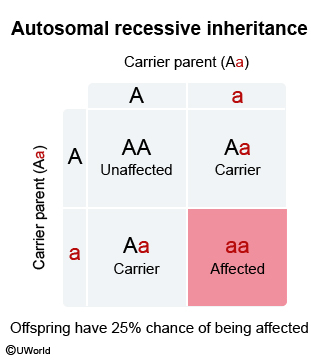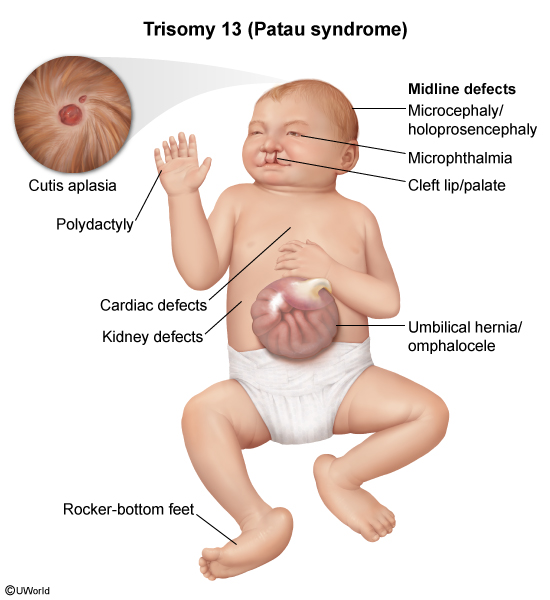Prenatal Genetic Testing
Article Sections
Introduction
Prenatal genetic testing plays a critical role in obstetric care, allowing for the early detection of genetic and chromosomal abnormalities in the developing fetus. Commonly tested conditions include aneuploidies (ie, extra or missing chromosomes) and inherited single gene disorders (eg, cystic fibrosis, Tay-Sachs disease). These tests can yield information to help guide reproductive decisions as well as newborn care. All testing is accompanied by adequate counseling regarding the limitations, possible outcomes, and significance of testing.
Overview of prenatal genetic testing
Prenatal genetic testing includes both screening and diagnostic procedures. Screening tests assess a fetus's risk for certain genetic conditions but are unable to determine whether or not the fetus is actually affected. Diagnostic testing (ie, prenatal diagnosis) provides a definitive diagnosis by directly analyzing fetal genetic material obtained via chorionic villus sampling (CVS) (
Continue Learning with UWorld
Get the full Prenatal Genetic Testing article plus rich visuals, real-world cases, and in-depth insights from medical experts, all available through the UWorld Medical Library.
Unlock Full AccessFigures
